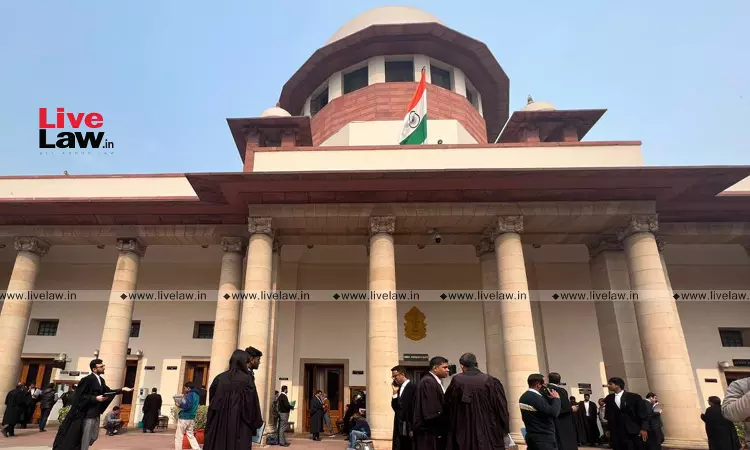Supreme Court To Determine Whether Advocate On Record Designated As Senior Advocate Has Duty To Notify Clients
Amisha Shrivastava
10 Jan 2025 7:10 AM IST

Next Story
10 Jan 2025 7:10 AM IST
The Supreme Court is set to determine whether an Advocate on Record (AoR) has the responsibility of communicating with their client about being designated as a Senior Advocate so that the client can make alternate arrangement to engage another lawyer to file vakalatnama.A bench of Justice Abhay Oka and Justice Ujjal Bhuyan directed the Registrar (Judicial) to submit a report to the...
